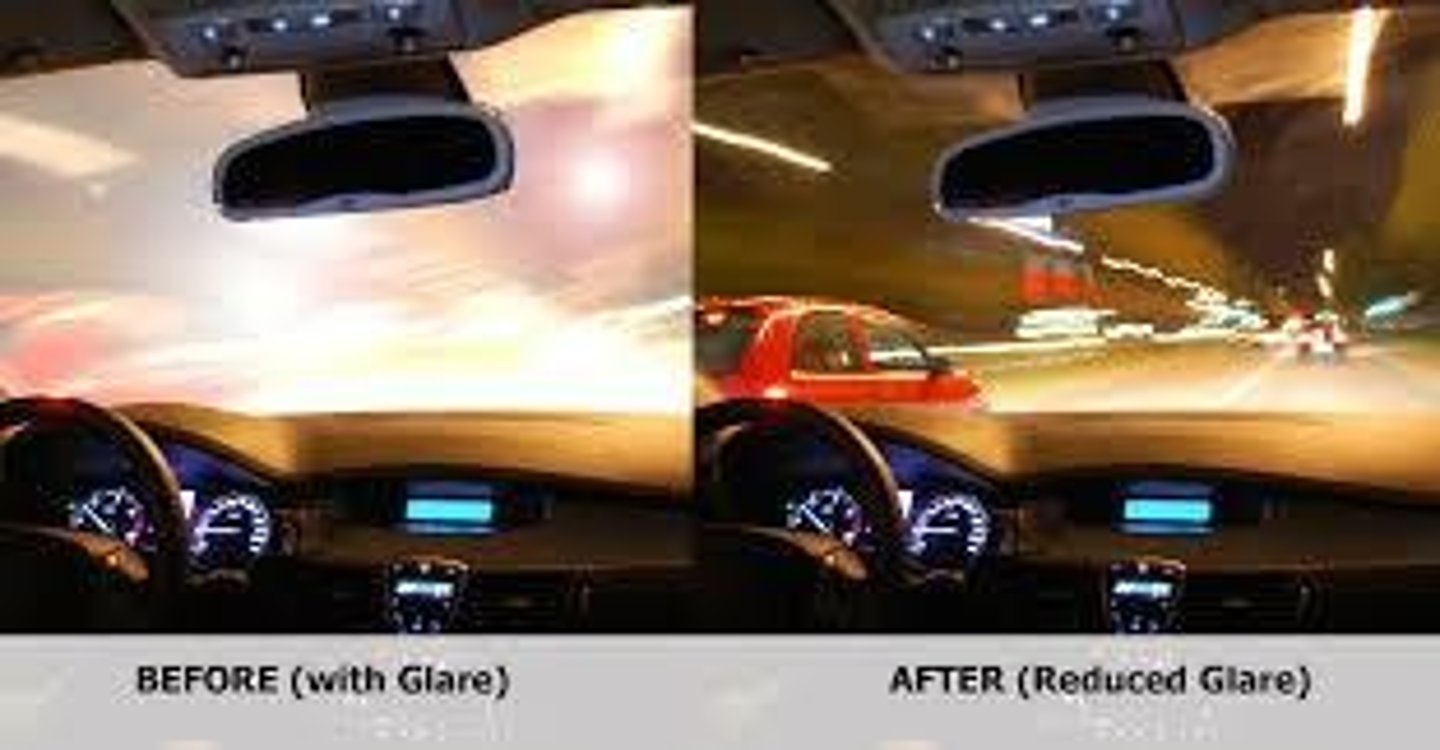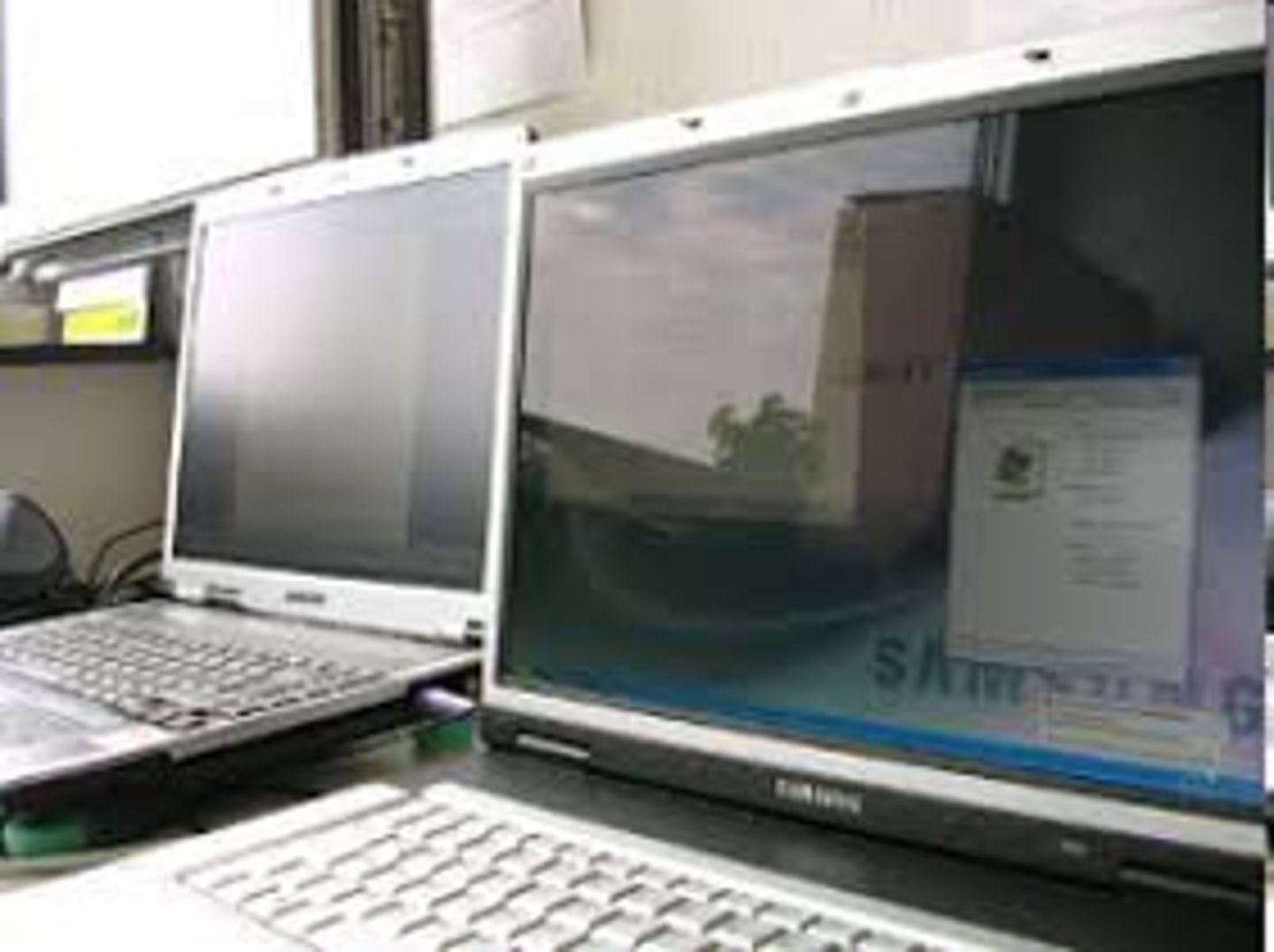Illumination, Noise, Motion, Climate, Teams - PSYC 370 Final
1/65
There's no tags or description
Looks like no tags are added yet.
Name | Mastery | Learn | Test | Matching | Spaced | Call with Kai |
|---|
No analytics yet
Send a link to your students to track their progress
66 Terms
Stun: Picture Window
Air leak in the International Space Station - expensively shut down modules in the station, due to astronauts using vacuum jumper as a handheld (caused the leak)
incandescent bodies
hot sources of light (ex. sun)
luminescent bodies
cold sources of light (ex. firefly)
3 factors of describing light
dominant wavelength, luminance, saturation
dominant wavelength
color
inverse square law
light becomes dimmer the farther away it is
luminance
the light reflected off of a surface (our perception of brightness)
luminous flux
The rate at which light energy is emitted from a luminous source (produces own light)
luminous intensity
measure of light emitted by a source - in candelas usually
illumination (technical definition)
amount of luminous flux per unit area (lux)
Three things that affect the light we get for a task
(1) Type of lamp, (2) Color temperature of lamp (3) Diffusing device on the lamp
Three types of glare
discomfort glare, disability glare, blinding glare
psychophysical measures of noise
phon and sone
Phon
subjective equality of sound
Sone
relative loudness of sounds
Three types of hearing loss
Presbycusis, Sociocusis, Occupational loss
Presbycusis
aging hearing loss
Sociocusis
hearing loss due to non-occupational noise
Occupational loss
loss due to continued exposure to sound
Proprioceptors
sensory receptors that tell us where our limbs are in space relative to the rest of our body
Semicircular canals
3-way coordinate system stimulated with acceleration
Vestibular Sacs
affected by gravity (tells orientation in space)
maximum exposure formula length of time it looks at
8-hour day
OK OK OK
LALALAL
vibration is a function of
frequency and intensity
Power spectral density plots
Power at specific (discrete) frequencies (shown in a graph)
Root mean square acceleration
Quantifies mechanical vibrations that the human body can be exposed too - (among other uses as a statistical method)
two types of vibration
Continuous and periodic vibration
hand-arm vibration syndrome
transfer of
energy from vibrating tool causes
vasoconstriction in the hands and fingers
"white finger" syndrome
G-force
gravitational force (measures in multiples of regular gravity)
lux
how many lumens (measurement of luminous flux) per square meter
lumen
measurement of luminous flux
specular glare
occurs when the image reflected by the relatively bright light appears in the field of vision. - smooth surface

diffuse glare
Spreads light in all directions (ex. glass crystal ball)
veiling reflections
Regular reflections superimposed upon diffuse reflections from an object that partially or totally obscure the details to be seen by reducing the contrast. This is sometimes called reflected glare.

transient adaption
eyes' adjustment between light and dark
TAC: Event Horizon
Iron in MRI Machine kills patient - due to oxygen running out in the room, rushed panic, no microphone in MRI room
dry bulb temperature
not affected by the moisture of the air
relative humidity
amount of water vapor relative to the max amount
Wet bulb temperature
considers air temp, radiant temp, humidity
effective temperature
reflects combined effects of air temp, relative humidity and air velocity on an individual
factors affecting ability to cope with heat
fitness (fitter=better), age, gender (men better), body fat (less = better), alcohol (less better)
things that diminish at high heat (2 factors)
physical productivity, complex cognitive (and perceptual-motor performance) (NOT simple cognitive tasks)
Things that diminish with cold
muscle strength, endurance, tactile sensitivity, (manual performance) - (NOT mental performance)
acclimation
adjustment to one climate variable (often temp)
acclimatization
Adjustment to multiple environmental conditions (ex. temp and relative humidity)
heat index
a combination of temperature and humidity
team
social entities composed of members with high task interdependency and values common goals
Taskwork
Work that doesn't involve interaction with other team members
Team Performance
evaluates the process of tasks completed by teams
Team Effectiveness
evaluates outcomes of team performance
Crew Resource Management (CRM)
Directly training team skills (ex. assertiveness and communication)
Team Cognition
how the team acquires, stores, and uses information
The big 5 of teamwork (LAMOB)
team Leadership, Adaptability, Mutual performance monitoring, team Orientation, Backup behavior
Team Orientation
A preference for working with others and a tendency to enhance individual performance in group settings
Three attributes of Multi-team systems
compositional attributes, linkage attributes, developmental attributes
compositional attributes (multi-team systems)
demographic characteristics of MTS and characteristics of individual teams
developmental attributes (multi-team systems)
progression of MTS's over time
Transactive mental models
Common understanding of tasks and roles
Emergent states
beliefs that team members have about the team's goals, team member abilities and interpersonal norms
Deficiency Presentation - Showerhead activation
the knob to turn on the water was in a confusing location
Input-Process-Output Model
a model that provides links among team inputs, processes, and outputs (team work is more than just a sum of its parts)
Input-mediator-Outcome Model
Evolution of IPO Model (Input-Process-Output Model) - accounts for cyclical work and multiple team goals
modern vs. early team research
modern focuses on how team members interact, early focuses on mechanical schemes
Team training three essential characteristics (KSA)
Knowledge, Skills, Attitudes
8 main findings of 2008 paper (Connects)
Shared cognition matters, can be Measured, team Training is good, Synthetic task environments used, team performance can be Modeled, Factors for team performance, Tech can improve team performance, Interdisciplinary nature